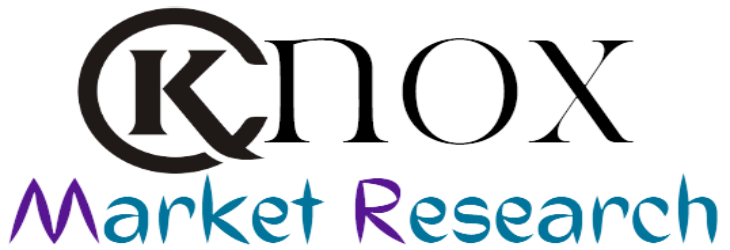The electrocardiogram (ECG) devices market is a rapidly growing industry that is expected to continue to expand in the coming years. With the increased demand for non-invasive and accurate monitoring of heart health, ECG devices have become an essential tool for healthcare providers around the world. As such, regulatory bodies have put in place various regulations and compliance requirements that must be met by manufacturers of ECG devices to ensure safety and effectiveness.
One of the most important regulatory bodies governing the ECG devices market is the U.S. Food and Drug Administration (FDA). In the United States, any device intended for medical use is required to go through the FDA’s premarket review process to ensure that it is safe and effective. ECG devices fall under the category of Class II medical devices, which means that they are subject to special controls and must meet certain performance standards.
One of the primary performance standards that ECG devices must meet is the International Electrotechnical Commission (IEC) 60601-2-25 standard. This standard outlines the requirements for basic safety and essential performance of electrocardiographs, including requirements for accuracy, signal quality, and noise reduction. Manufacturers must demonstrate compliance with this standard through testing and certification by a third-party testing laboratory.
In addition to the FDA’s regulations, there are other regulatory bodies that govern the ECG devices market in different countries. For example, in the European Union (EU), medical devices are subject to the Medical Devices Regulation (MDR) and the In Vitro Diagnostic Regulation (IVDR). ECG devices fall under the MDR, which sets out requirements for safety, performance, and clinical evaluation.
Under the MDR, ECG devices must undergo conformity assessment procedures, which include a technical documentation review, a conformity assessment by a notified body, and post-market surveillance. Manufacturers must also ensure that their devices comply with applicable harmonized standards, such as the IEC 60601-2-25 standard.
In addition to regulatory compliance, ECG device manufacturers must also adhere to various quality management system standards. One of the most widely recognized standards is the ISO 13485, which sets out requirements for the design, development, production, and servicing of medical devices. Manufacturers must implement and maintain a quality management system that meets the requirements of ISO 13485 to ensure that their devices are consistently manufactured to meet regulatory requirements and customer expectations.
Overall, the regulatory landscape and compliance requirements for ECG devices are complex and vary depending on the country or region in which the device will be marketed. Manufacturers must navigate these regulations and compliance requirements to ensure that their devices are safe, effective, and in compliance with all applicable standards. Failure to comply with these regulations can result in serious consequences, including product recalls, fines, and damage to the manufacturer’s reputation. Therefore, it is essential that manufacturers stay up-to-date with regulatory changes and work closely with regulatory bodies to ensure compliance.
Disclaimer: The views, suggestions, and opinions expressed here are the sole responsibility of the experts. No Knox Market Research journalist was involved in the writing and production of this article.
